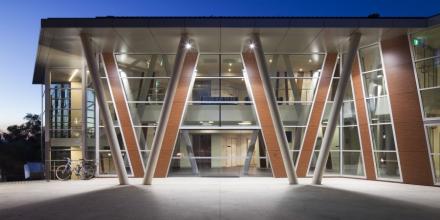Trade openness, labour institutions and flexibilisation: Theory and evidence from India

Event details
Seminar
Date & time
Tuesday 26 October 2010
2.00pm–3.30pm
Venue
Seminar Room B, Coombs Building, Fellows Road, ANU
Speaker
Prof Kunal Sen, School of Environment and Development, University of Manchester
Contacts
There has been increasing ‘flexibilisation’ both in the formal labour markets of developed and developing countries. Labour institutions and globalization are often
taken to be causally related to this phenomenon, but the evidence remains inconclusive. In India, there has been an increasing use of temporary workers employed through contractors (contract workers) who are not represented by trade unions and do not fall under the purview of the labour laws that are applicable to
directly employed workers (formal workers) in formal labour markets. We develop a model of labour demand where firms choose a mix of contract workers and formal workers rather than formal workers alone, essentially to counter the bargaining power of formal workers. Then we test the model using state-industry-year panel data for Indian manufacturing. We find that both pro-worker labour institutions and increased import penetration lead to greater use of contract labour in Indian manufacturing.
taken to be causally related to this phenomenon, but the evidence remains inconclusive. In India, there has been an increasing use of temporary workers employed through contractors (contract workers) who are not represented by trade unions and do not fall under the purview of the labour laws that are applicable to
directly employed workers (formal workers) in formal labour markets. We develop a model of labour demand where firms choose a mix of contract workers and formal workers rather than formal workers alone, essentially to counter the bargaining power of formal workers. Then we test the model using state-industry-year panel data for Indian manufacturing. We find that both pro-worker labour institutions and increased import penetration lead to greater use of contract labour in Indian manufacturing.
Updated: 24 September 2024/Responsible Officer: Crawford Engagement/Page Contact: CAP Web Team











